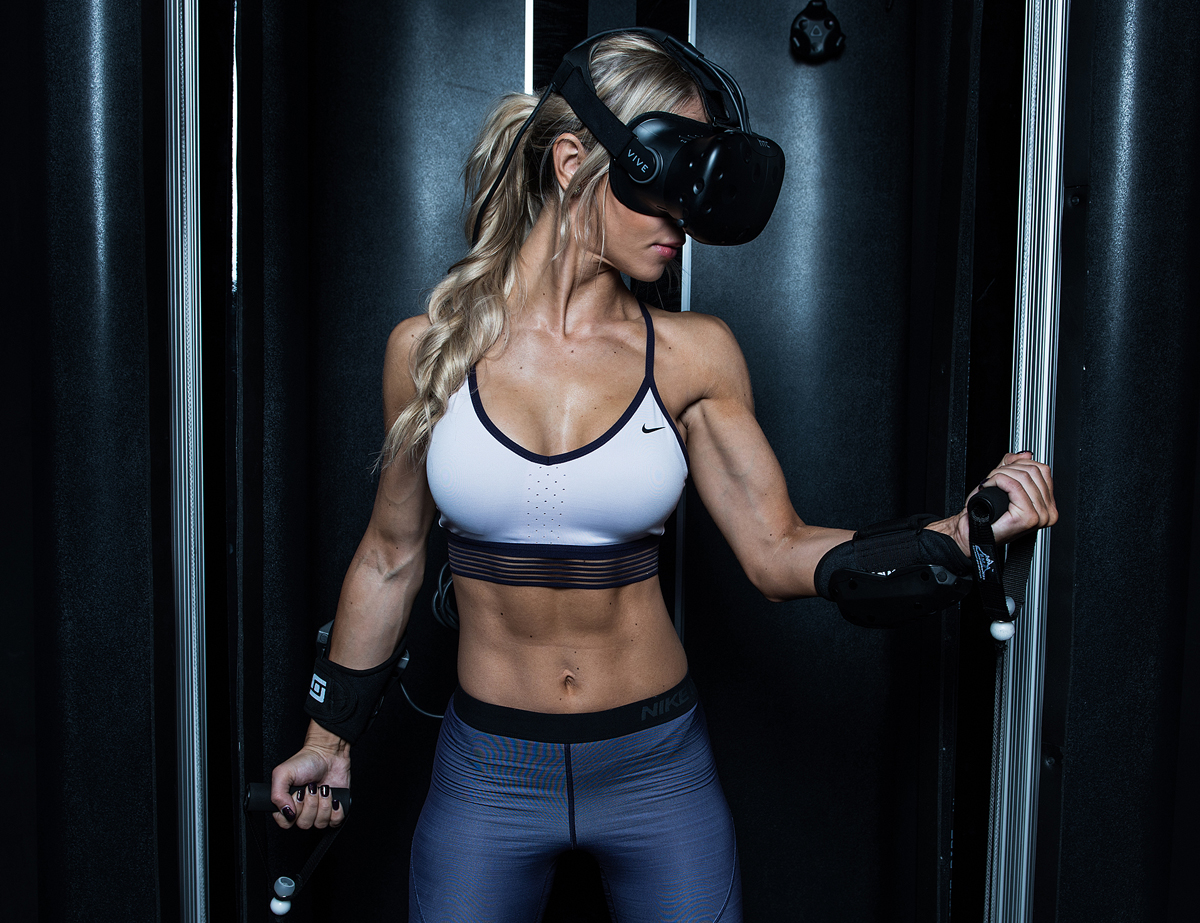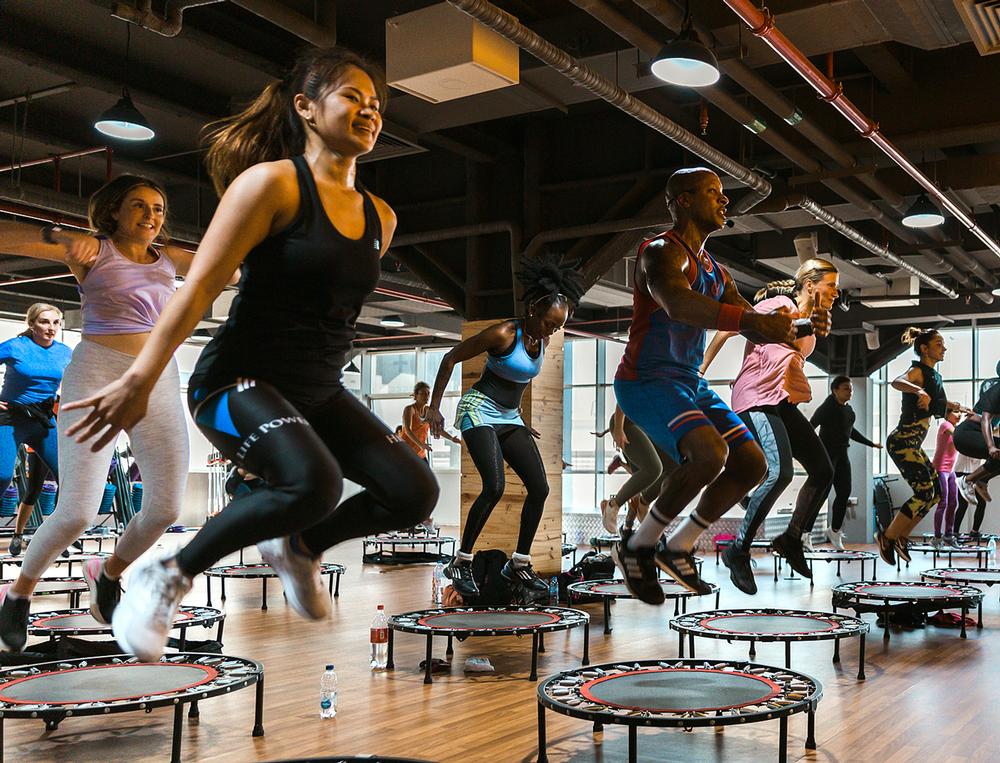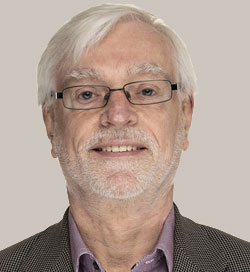latest fit tech news
Egym snaps up Hussle as it moves to dominate the corporate wellness market with its Wellpass product
Industry insights: New Sensations
With gym doors closed across the world, staff furloughed, rollouts paused and income decimated, it wasn’t a busy year for new openings. That’s not to say there wasn’t innovation. HCM looks at a few of the 2020 developments…
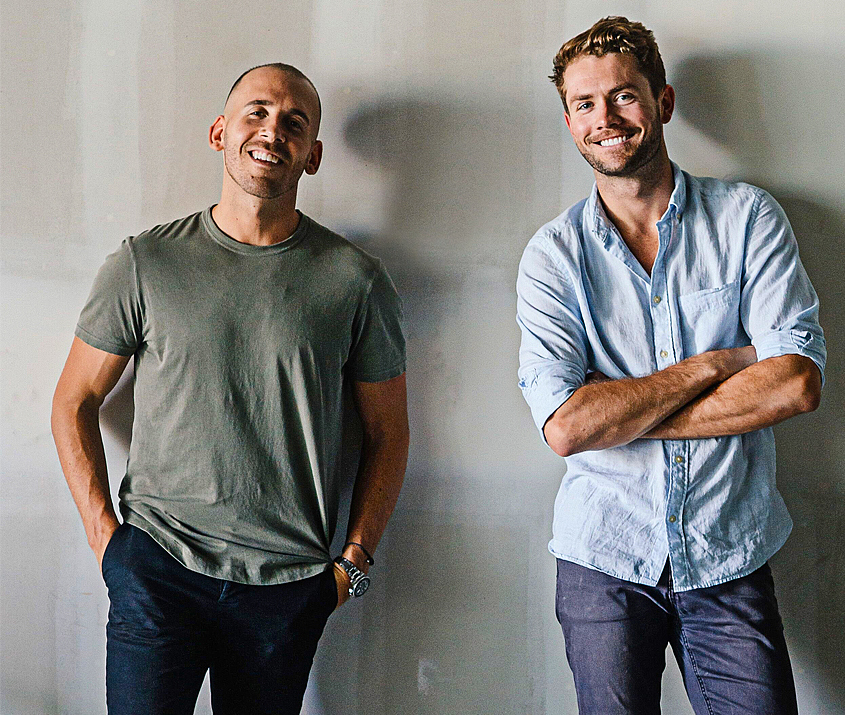
Believed to be the world’s first social wellness club, Remedy Place opened its doors in LA in January, only to close again in March and open three months later under restrictions preventing it from offering its full suite of services.
The concept is the brainchild of Dr Jonathan Leary who, while working as a doctor in private practice, identified the need to create a healthy place to socialise alongside offering the latest in preventative health care. (See interview HCM issue 4, page 14). His vision was that people would come to Remedy Place to celebrate their birthday with an ice bath and a meditation; or pop in after work for a revitalising juice in the lounge, or a lunchtime IV vitamin drip.
For those who can afford it, Remedy Place offers the opportunity to achieve optimum health. Popular services include acupuncture, cupping and functional medicine: a series of blood panels and stool analysis, which show how every organ and system is functioning. This has been one of the most popular services.
“After getting all of this data, we can get a full understanding of what the body needs, which allows us to get to the root cause of what people are struggling with, whether that is brain fog, fatigue, aches and pains, autoimmune conditions, or gut issues,” says Leary. “Once we have identified the problem, we then make a plan for nutrition and self-care.”
Leary says it was a crazy year to open a business and despite the fact they haven’t been able to run events, use the bar and lounge, offer classes or corporate outings, it has still been a really successful year.
Why? Because the pandemic has made so many people focus on their health. “This past year has pushed many people to a whole different level in terms of taking care of themselves, as they realise health is their number one asset,” says Leary. “I saw the trend for preventative care while I was running my practice, but the pandemic has pushed it forward even faster.”
Work is currently underway on two more sites. Century City will open later this year, and a second site in LA either this year or next year. Next on the hit list are Austin, Miami and New York. London is also on the roadmap.
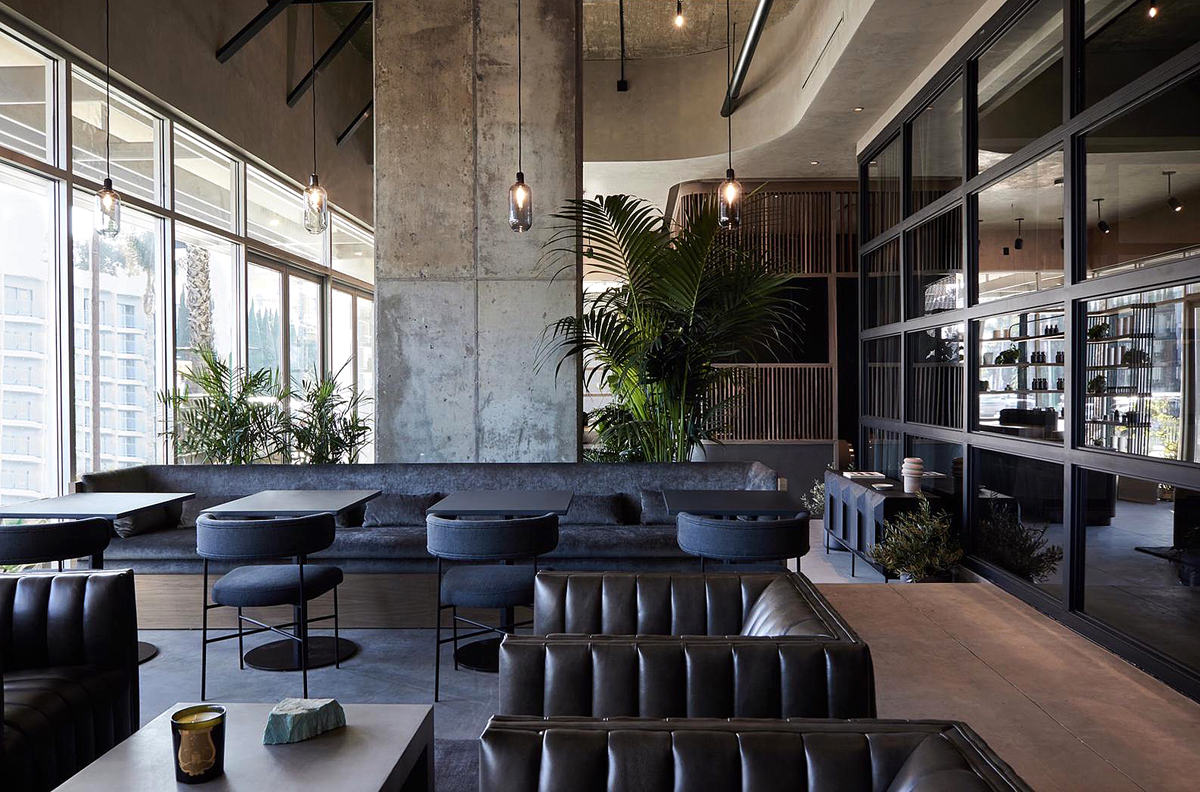
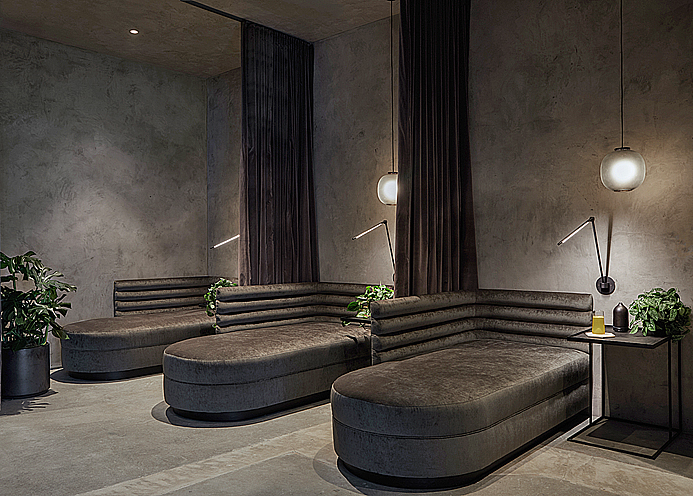
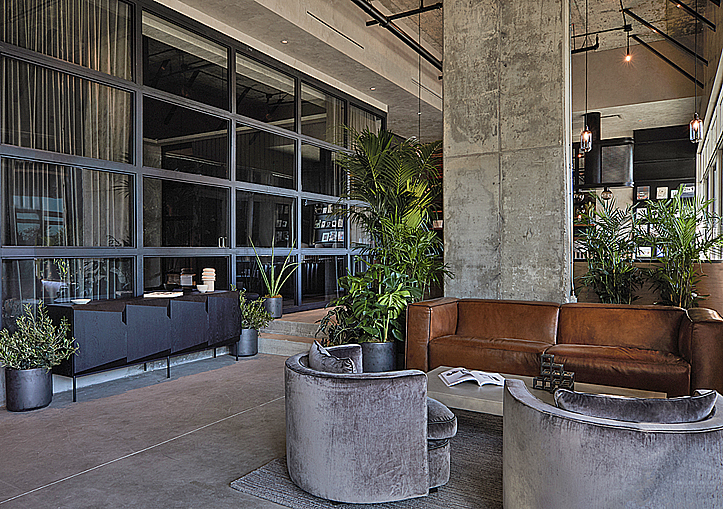
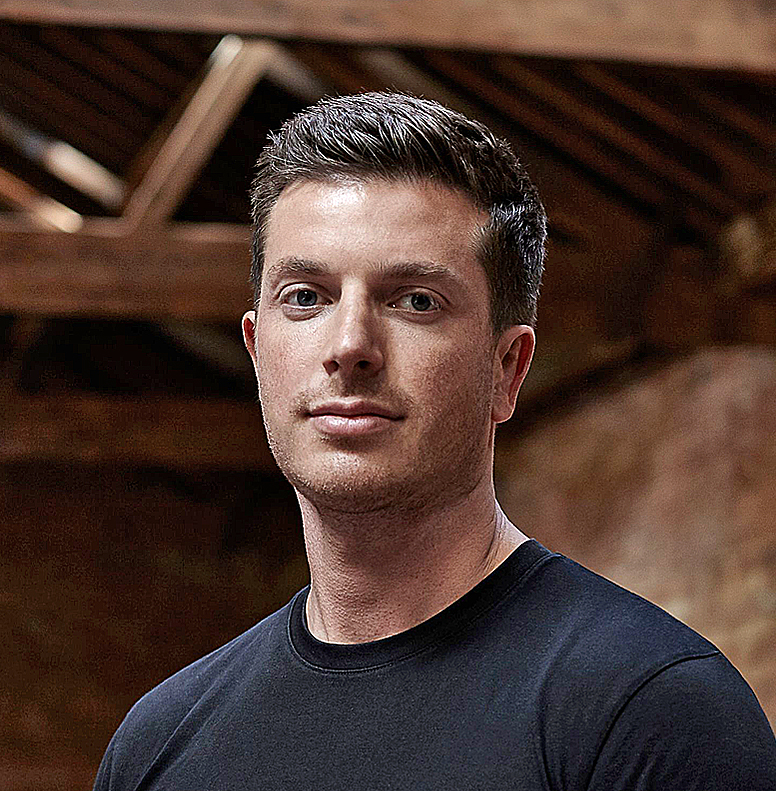
BLOKtv had been in the pipeline for a couple of years but the pandemic fast-tracked the process. “Fortunately we had employed a head of digital who arrived at the company the week before lockdown in March 2020,” says co-founder, Ed Stanbury. “So as soon as lockdown hit we made the decisions to go all in on digital and within six weeks created and launched blok-tv.com.”
Initially launched in May with a live timetable of 200 classes a week, people could either pay per class or unlimited monthly for £80 a month. This generated enough revenue to support more than 100 of the freelance instructors with work during the lockdown.
However, when the second generation version was launched in September, BLOK wanted to move to a model which would be competitive in a global market, so the price point was reduced to £20 a month or £120 upfront for the year. More than 70 live classes and hundreds of on demand workouts are available each week.
“We are constantly adding new content and features,” says Stanbury. “The most common feedback we get is that users want more content, so we have more than 1,000 on-demand workouts currently in the pipeline, and are testing a range of new ways to broaden the live offering.
“Our digital product roadmap is hugely ambitious and includes a variety of social features to build connections with fellow users, as well as a number of product innovations unique to BLOK. These will be delivered gradually as we iterate the product continually over the coming months and years.
Almost one year after the launch, BLOKtv has achieved an impressive reach of 10,000 users in 150 countries, with an average of 36 per cent month on month growth since the launch of V2 and 203 per cent growth in the first quarter of 2021.
Going forward, Stanbury has plans to build a truly omnichannel business, with a global network of physical sites and virtual studios which seamlessly integrate with the digital platforms. To keep up with demand for new content, significant investment has been made in computers, cameras, lighting and microphones, which are in all studios, as well as the bespoke broadcast studio.
“It’s been a steep learning curve,” says Stanbury. “As a non-tech founder pivoting into a tech world there is so much to learn, but the main thing I learned very quickly was that I needed to accept that I didn’t have the knowledge or the experience, and just be really open to learn and take advice. I’ve got a coach now, and have built a board of advisors, joined a club for tech founders, bought all the books (but not read many yet!) and I am incredibly excited about the journey ahead.”
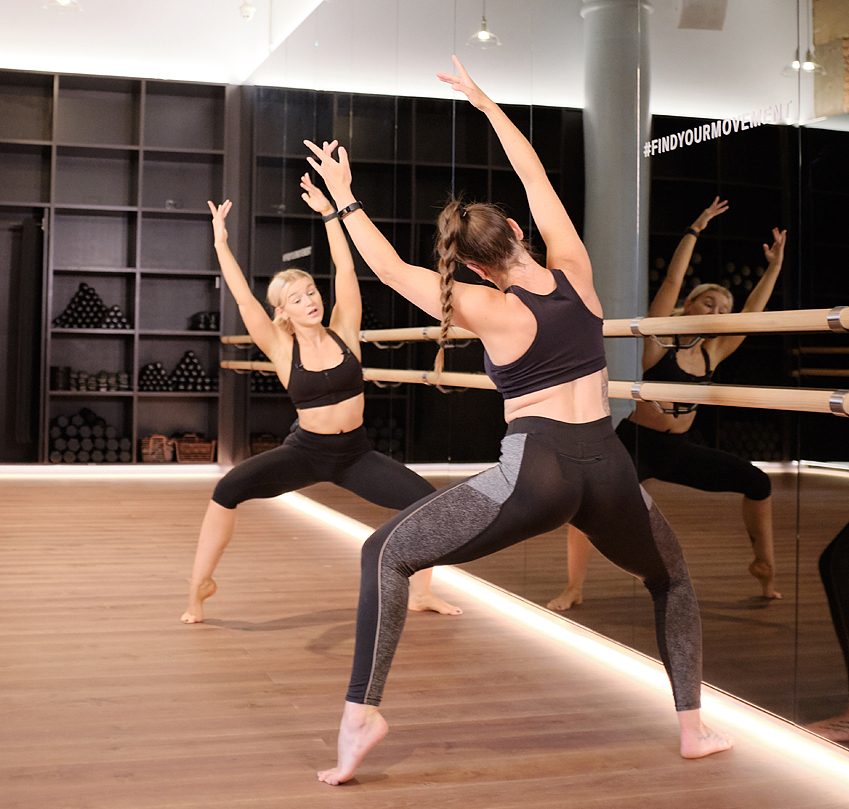
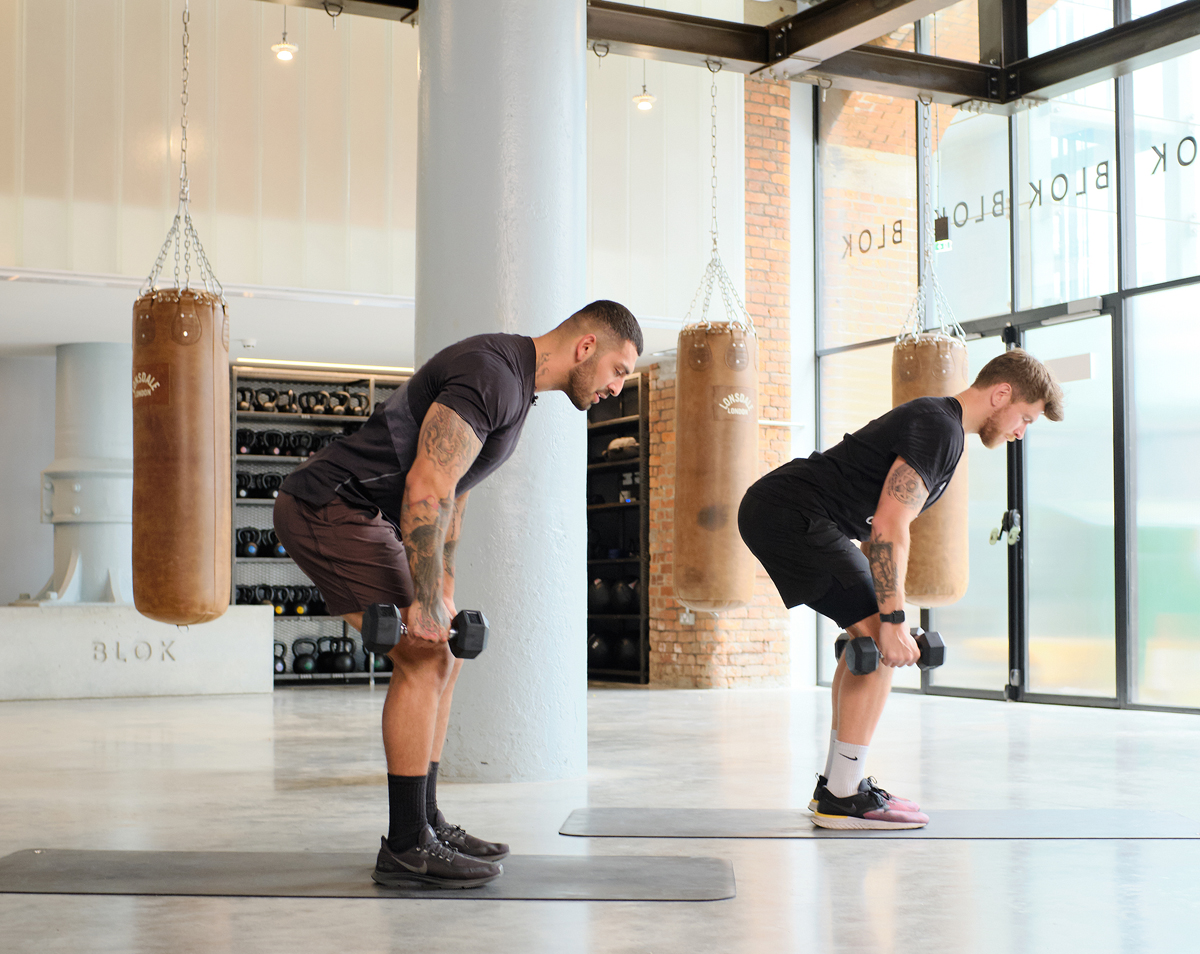
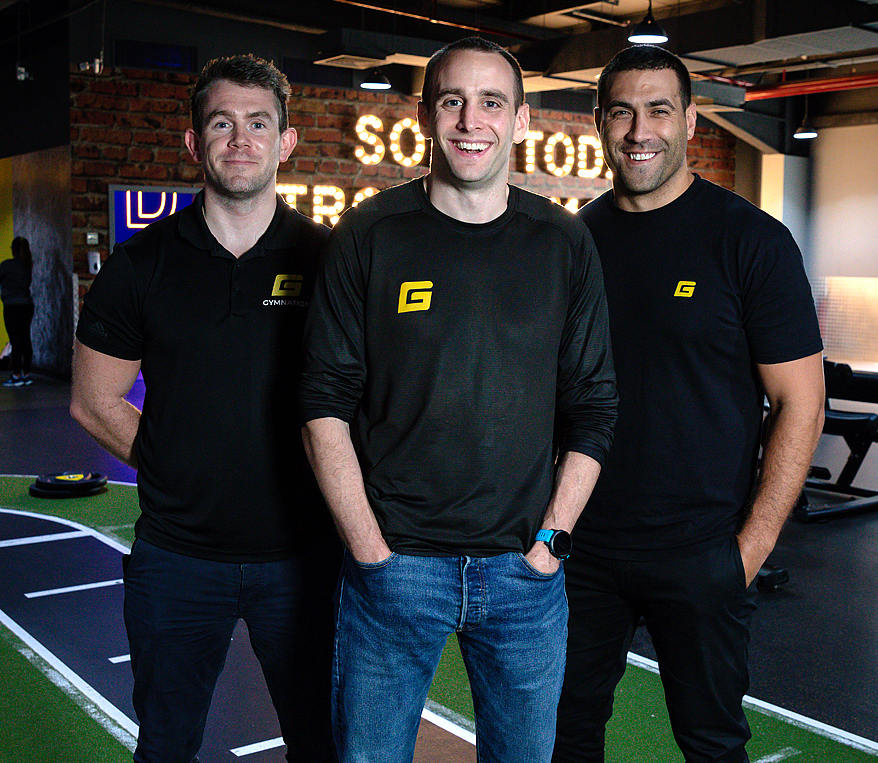
After feeling priced out of the market when they moved to Dubai, a group of entrepreneurs – Loren Holland, Ant Martland and Frank Afeaki - decided to create the region’s first low-cost gym brand.
The first GymNation launched in 2018, and there are now seven GymNation locations across the UAE with a membership base fast approaching 50,000, making it the largest fitness chain in the UAE. The company now has plans to open in each of the emirates and roll it out to Bahrain, Kuwait, Oman, Qatar and Saudi Arabia (see interview in HCM issue 8 2020) According to a 2018 Deutsche Bank study, Dubai is the second most expensive city in the world for a gym membership. Costing £100-£150 a month, memberships are usually paid upfront for the year, making it prohibitively expensive for many.
GymNation offers memberships for just AED99(US$27, €24, £21), while not skimping on the experience. Gym floors typically have around 500 pieces of Matrix kit, three or four studios including one that’s dedicated to virtual with classes rolling back to back around the clock. Each club has a women-only gym.
“GymNation isn’t just a basic product for an affordable price tag. Ours are high-quality gyms with a really cool vibe,” says Holland. “People accused us of being scam artists! They just didn’t believe it could be done.”
The reason the team are able to do this is the size of the clubs. At more than 30,000sq ft, they have massive capacity, even when allowing for social distancing. It’s a no-frills model and they’ve trimmed the costs by cutting out the high CapEX wet areas.
Club capacity is 10,000 members and they are masters of the pre-sales.
“Before the gym opens we have two months’ data collection and lead generation,” says Martland. “We build the excitement to a specific date, like ticketing model for concerts. When we launched the pre-sales for the Abu Dhabi site, we made 2,200 transactions in 24 hours.”
The team has plans to roll out across the Middle East, and is currently looking at opportunities in Saudi Arabia which has a market of 30 million people and the same problems as UAE in terms of expensive gym memberships and comparatively low sophistication among current operators.
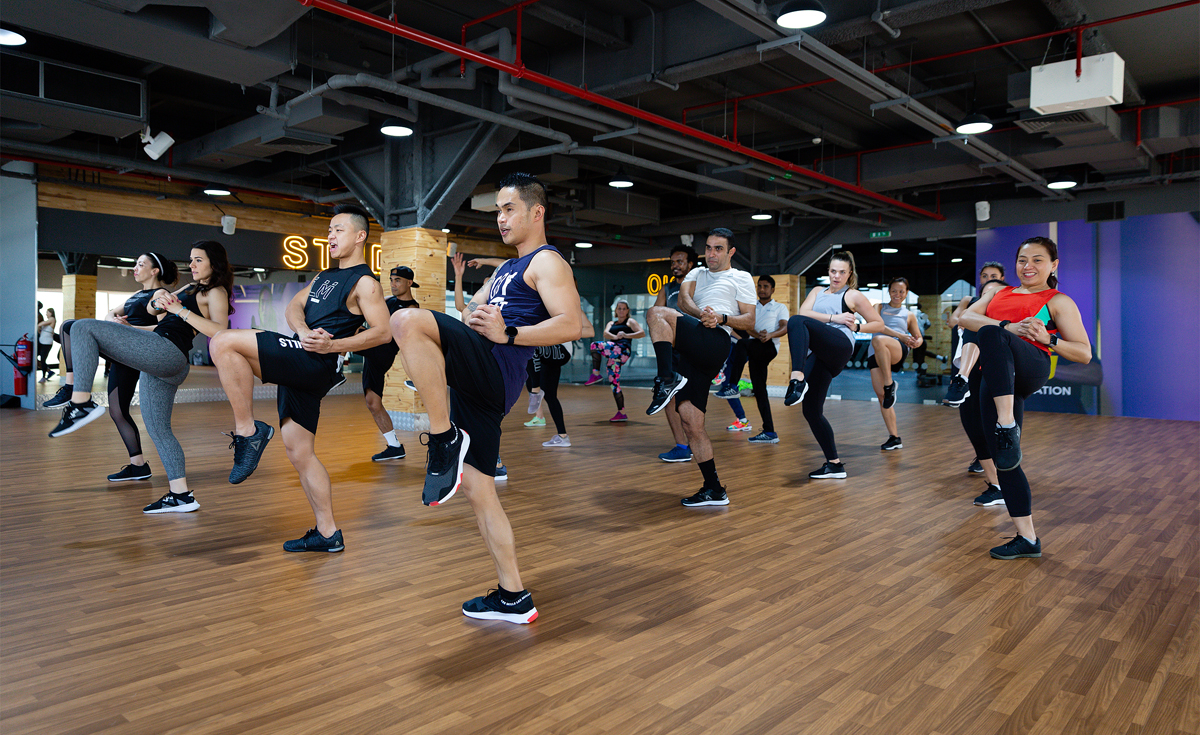
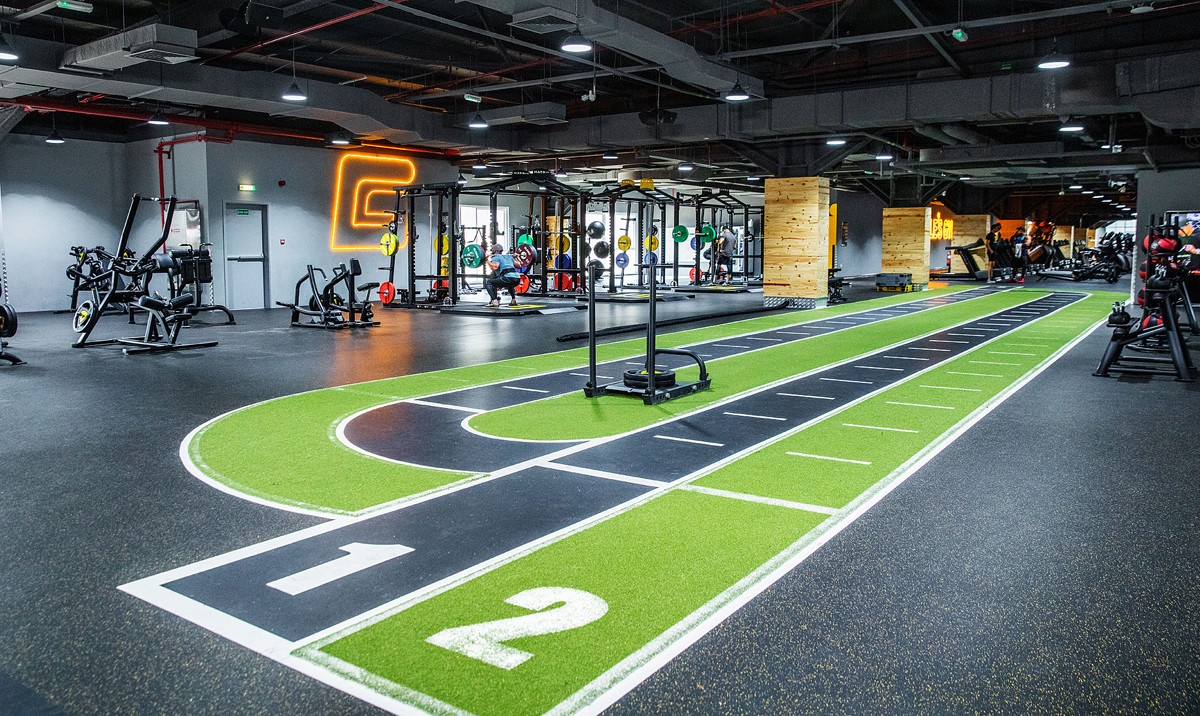
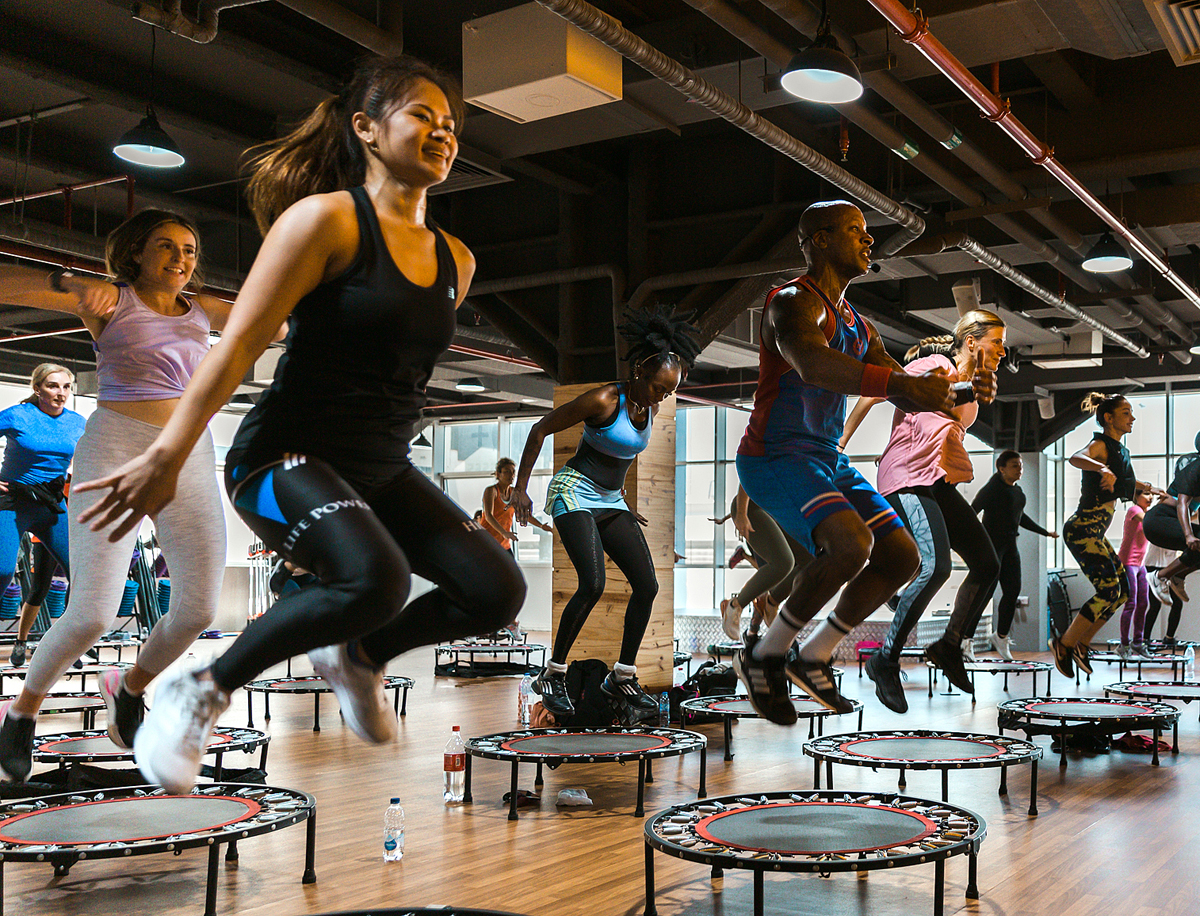
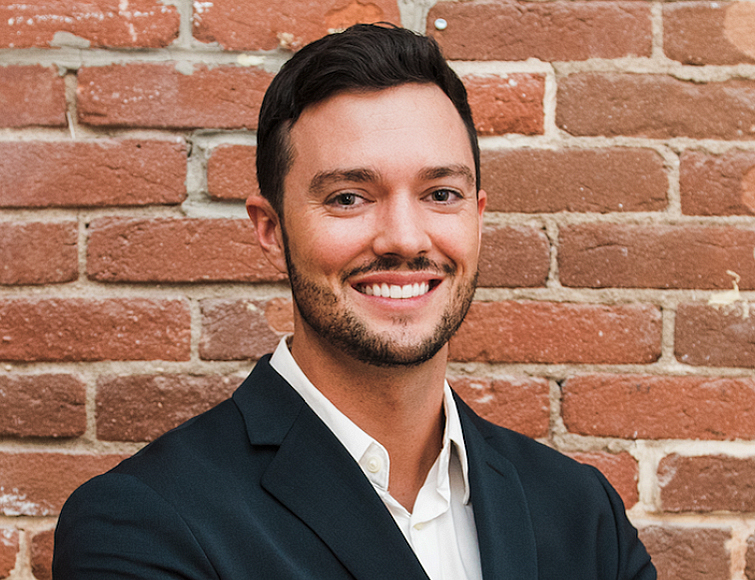
Combining HIIT and resistance training with the innovative tech of virtual reality and game design mechanics, the concept of Black Box is to use the addictive nature of gaming to trick people into exercising.
Co-founder, Preston Lewis, explains: “Bodies need to be tricked into sticking to a fitness programme – they are programmed to be efficient with calories and induce pain when we are pushing too hard. Working out is immediate pain and delayed reward; it lacks the feedback loops which are needed to encourage follow-through. Not to mention the boredom!
“As the majority of people struggle with long-term adherence to their fitness programmes – it’s literally hindering billions of people from living the lives of their dreams - we thought that was a problem worth solving.”
Lewis says that game designers have figured out how to keep people unhealthily addicted to games: “People are effectively levelling up their game characters, but levelling down their actual lives, as they remain glued to the couch with Cheetos dust on their shirt.”
Black Box sets out to be the virtual reality game to level up people’s actual lives. The key to this is the patent-pending Dynamic Resistance Machine, which provides over 220lbs of resistance and acts as a controller in the VR workout experience.
When players step into a Black Box VR booth they see the machine. The two handles move up and down on the machine to allow for different fitness movements to be performed, such as squats, deadlifts, shoulder press and chest press among others.
Users put on arm tracking pucks and a VR headset, which takes them to a fully immersive Black Box VR Battle Arena, where they can see their opponent and the crowd cheering them on. As they reach out to the virtual handles, they find the real handles on the machine. The resistance automatically calibrates to their strength and each exercise becomes an in-game attack, for example shoulder presses allow users to hurl meteors at enemy units.
After each battle the AI crunches the number and delivers the performance to an app showing leaderboard rankings, calories and how they are building strength. Lewis says players enjoy seeing their stats.
The target market is 25- to 40-year-olds who want to build health and have an affinity for gaming. “They love that it scratches both the itch to compete and have fun in a gaming environment while reaping the health benefits,” says Lewis. “We think it’s clear combining VR gaming with fitness has the potential to decrease pain, increase enjoyment and allow players to push their bodies, creating real fitness gains over time.”
Currently there are six Black Box sites in the US: two in California, three in Arizona and one in Idaho. More are planned.

